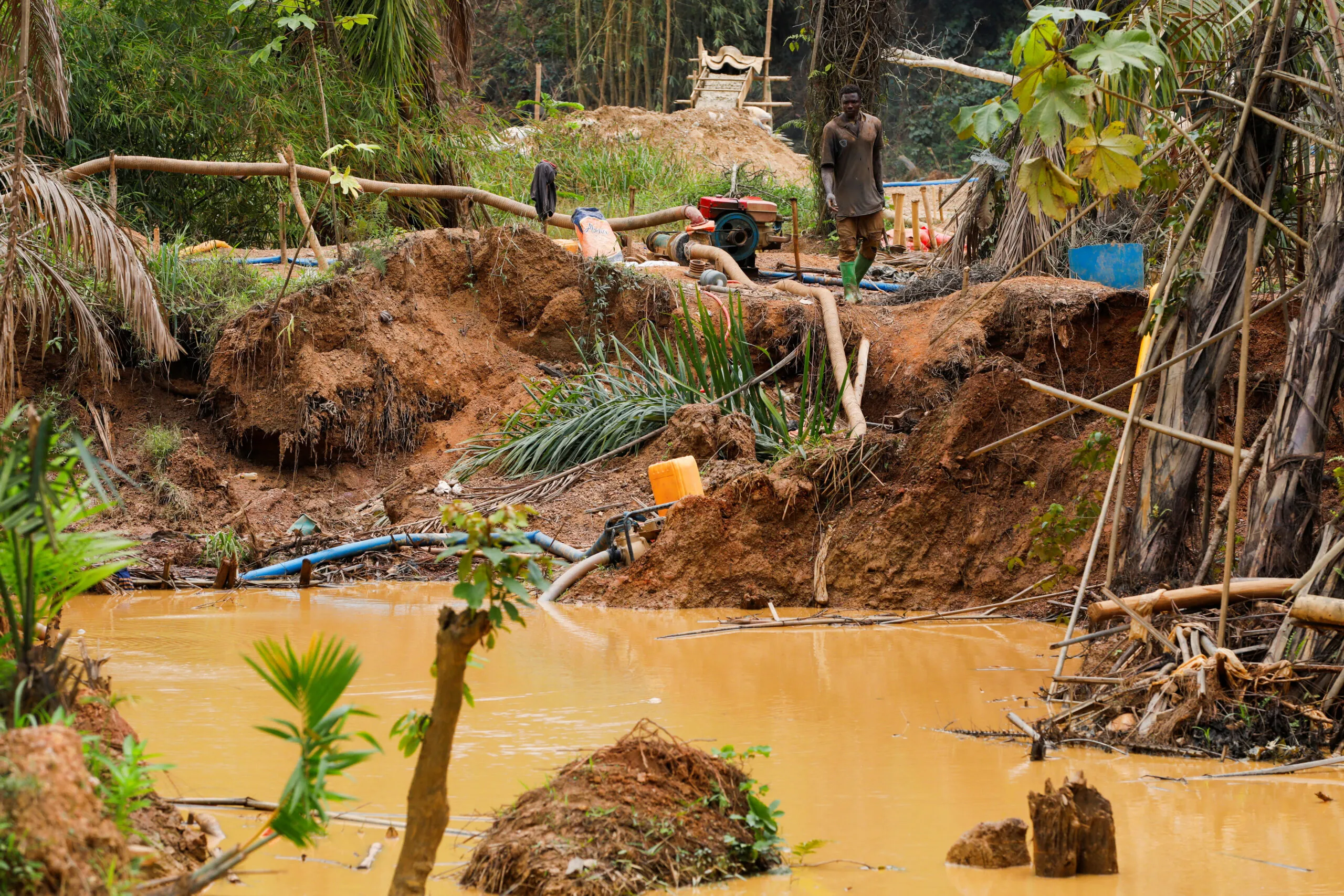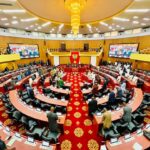Ghana could face a major cancer crisis within the next decade if illegal mining activities continue unchecked, health experts have cautioned.
This was revealed at the maiden Ghana Health and Labor (GHL) Summit , organized by MentaPulse Africa , which explored the intersection between workplace culture, employee well-being, and the growing burden of non-communicable diseases (NCDs) in the West African nation.
Health experts say the consumption of food and water contaminated with heavy metals from illegal mining sites is putting millions at risk of cancers, including lung, liver, and bladder cancer.
Former Medical Director of Ridge Hospital and a Member of Ghana’s Parliament, Dr. Thomas Anaba , described the situation as alarming, warning of the broader threat posed by non-communicable diseases.
“This summit comes at a defining moment in our national health journey. Across Ghana and indeed across the continent, we are facing a growing crisis of non-communicable diseases. These silent killers, hypertension, diabetes, cardiovascular diseases, cancer, mental health diseases and more, now account for 43% of deaths in Ghana, yet most of them are preventable,” he said.
“The principle risk factors such as stress, poor nutrition, tobacco, alchohol use, phsysical inactivity and long working, and to add the new risk factor, contamination of our social from illegal mining that will bring cancer in 10 years times,” Anaba added.
For Ghana’s Mental Health Authority, safeguarding employee well-being is not a luxury, it is a strategic investment for national productivity.
Acting Head of Health Promotion at the Authority, Dr. Yaw Amankwa Arthur, said efforts are underway to integrate mental health and psychosocial support into workplace health policies in collaboration with the Ministry of Employment, the Ministry of Health, and development partners.
Dr Yaw Amankwa Arthur, Acting Head of Health Promotion at Ghana’s Mental Health Authority, who also spoke at the GHL Summit said the Authority is “working to integrate mental health and psychosocial support into workplace health policies across the country in collaboration with the ministry of employment, the ministry of health and our development partners.”
The summit, held under the theme “Mobilizing Against Non-Communicable Diseases: The Role of Workplaces in Safeguarding Employee Mental Well-Being,” aimed to bridge the gap between policy and action in promoting workplace wellness.
In a keynote address, Ghana’s Minister of Labour, Jobs and Employment, Dr. Abdul Rashid Pelpuo said the government is implementing reforms to transform workplaces across the country, to make them healthier and more productive.
“As we launch the Ghana workplace health declaration and employee safeguarding toolkits today, we must commit resources to promoting and sustaining worker health. This requires strengthening workplace inspections, instituting safety and health protocols and improving compliance and enforcement mechanisms,” Pelpuo noted.










